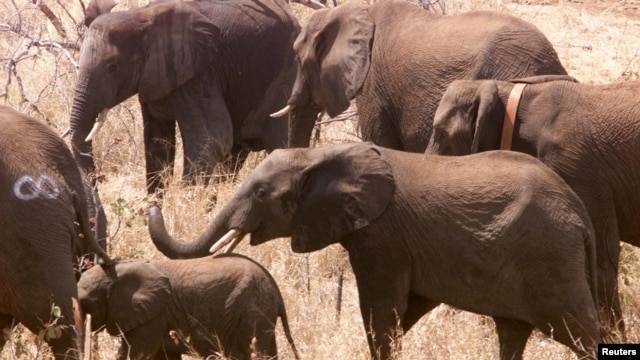- Dec 8, 2013
- 22,675
- 16,877
- 2,415
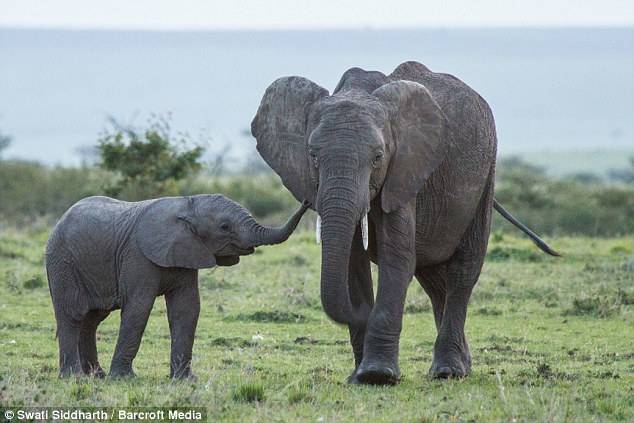
Just 24 hours earlier, the endangered animals had been photographed playing happily together
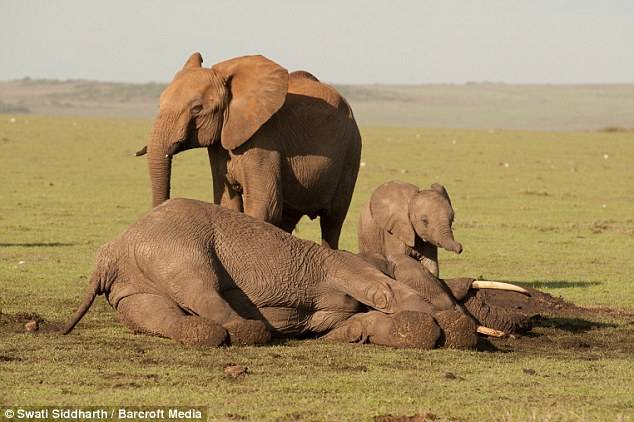
In heart-wrenching scenes, the baby elephant looks lost as she waits to be rescued from the national park
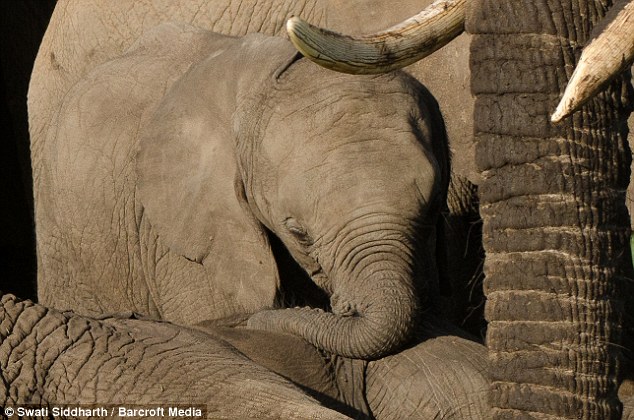
In the footage, the traumatised animal, named Roi, is seen standing over her mother's dead body in Kenya's Masai Mara National Park
Read more: Heartbreaking moment orphaned baby elephant mourns the death of her mother after she was killed by a poacher s poisoned spear Daily Mail Online
Follow us: @MailOnline on Twitter | DailyMail on Facebook
Check out the poacher types.

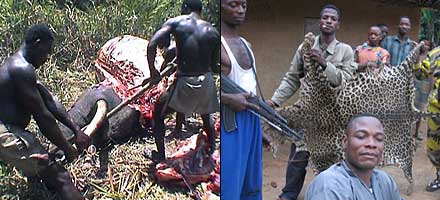
You all thinking what I am thinking? Yeah, you are all thinking what I am thinking.


